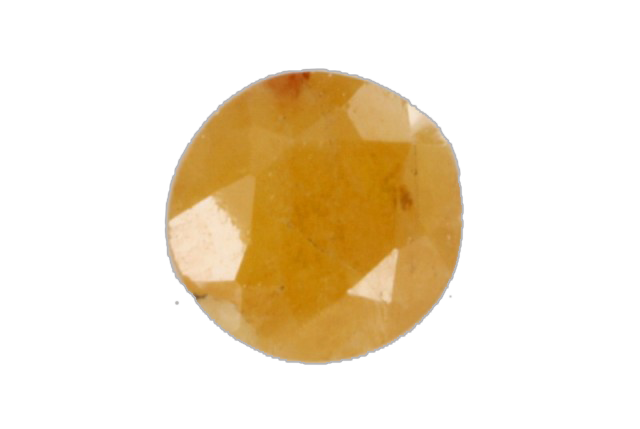
scorzalite
Discovered in 1957 in Brazil (Corrego Firo pegmatite, Linopolis, Doce valley, Minas Gerais). Its name honors the Brazilian geologist who discovered it: Evaristo Penna Scorza (1899-1969).
Je vous emmène à travers mes vidéos découvrir mon expérience acquise depuis plus de 30 ans a silloner le globe entier à la recherche de pierres précieuses, de rencontre mémorables mais aussi de difficulté parfois …

Discovered in 1957 in Brazil (Corrego Firo pegmatite, Linopolis, Doce valley, Minas Gerais). Its name honors the Brazilian geologist who discovered it: Evaristo Penna Scorza (1899-1969).
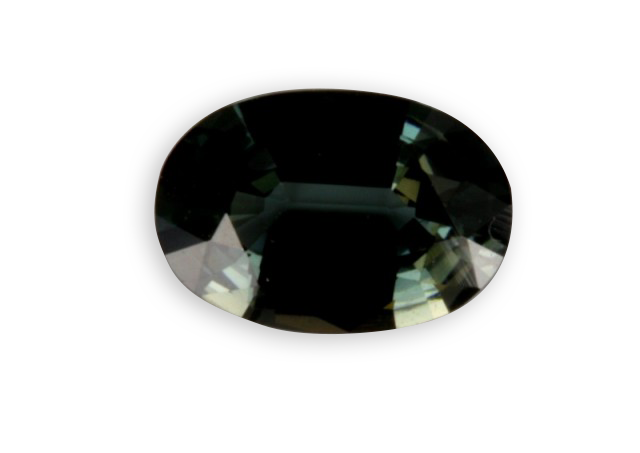
It takes its name from its blue color, recalling the sapphire. It was discovered in Greenland in 1819 .
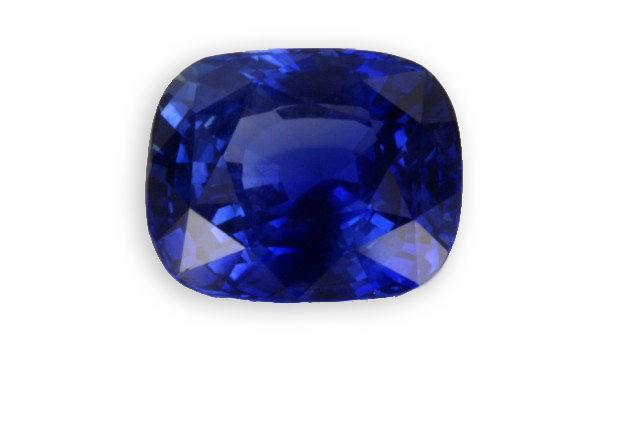
Its name comes from the Hebrew “Sappir” which referred for a long time the blue gems, the “most beautiful things”. By 1800, it was shown that the ruby and sapphire were only varieties of the same mineral, corundum. Currently, sapphire corresponds to all the blue
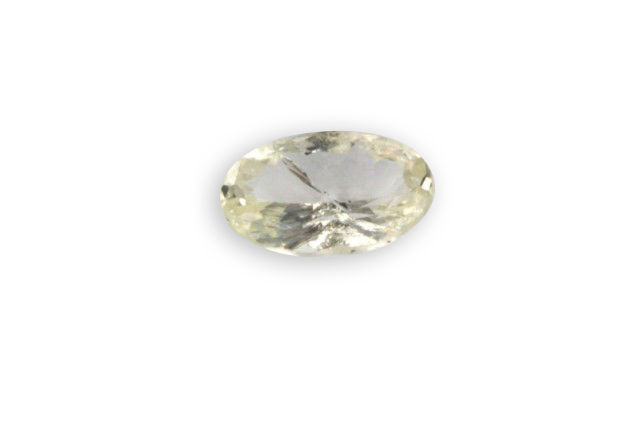
Discovered in 1865, its name honors the German mineralogist Theodor Richter (1824-1898).
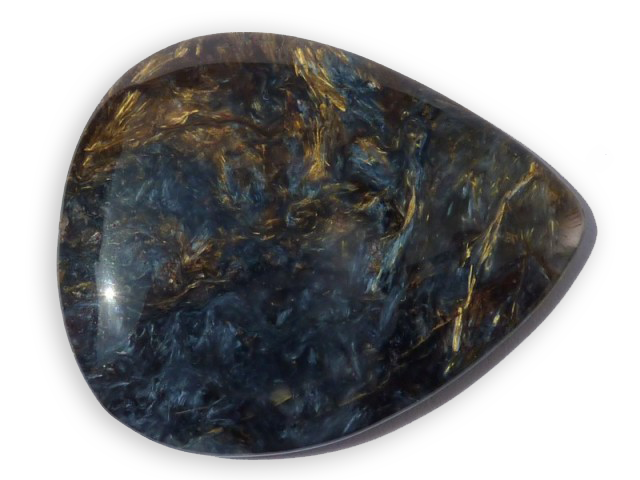
Discovered in 1962 by Pieters in Namibia, this breach consists of an hawk eye and a tiger’s eye (crocidolite). Subsequently, it was discovered in China a rock quite close in appearance to Pietersite, which would be a amphibole rich in torendrikite instead of crocidolite. This
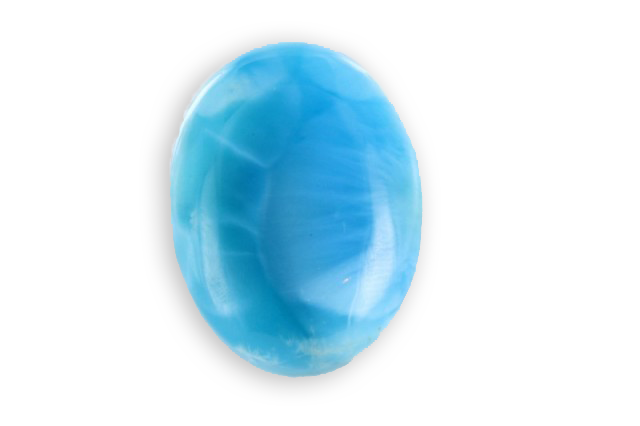
The blue and white larimar is the only variety of this stone sought. Known since the early twentieth century, the blue variety of volcanic origin was rediscovered in 1974 in the Dominican Republic. Its name was assigned by its discoverer Miguel Mendez: Lari (the beginning